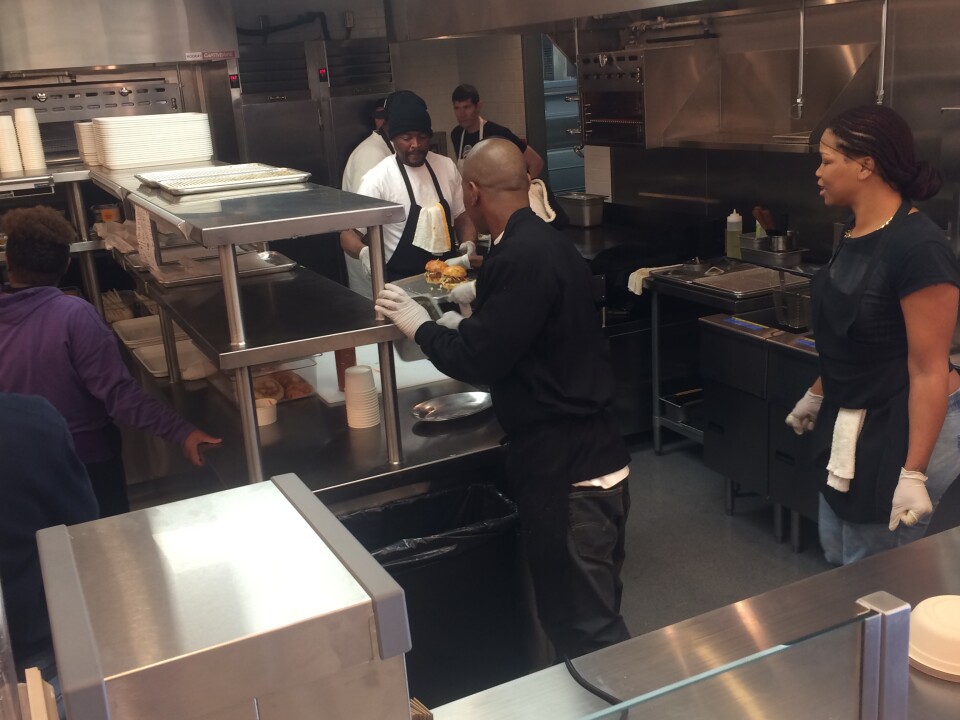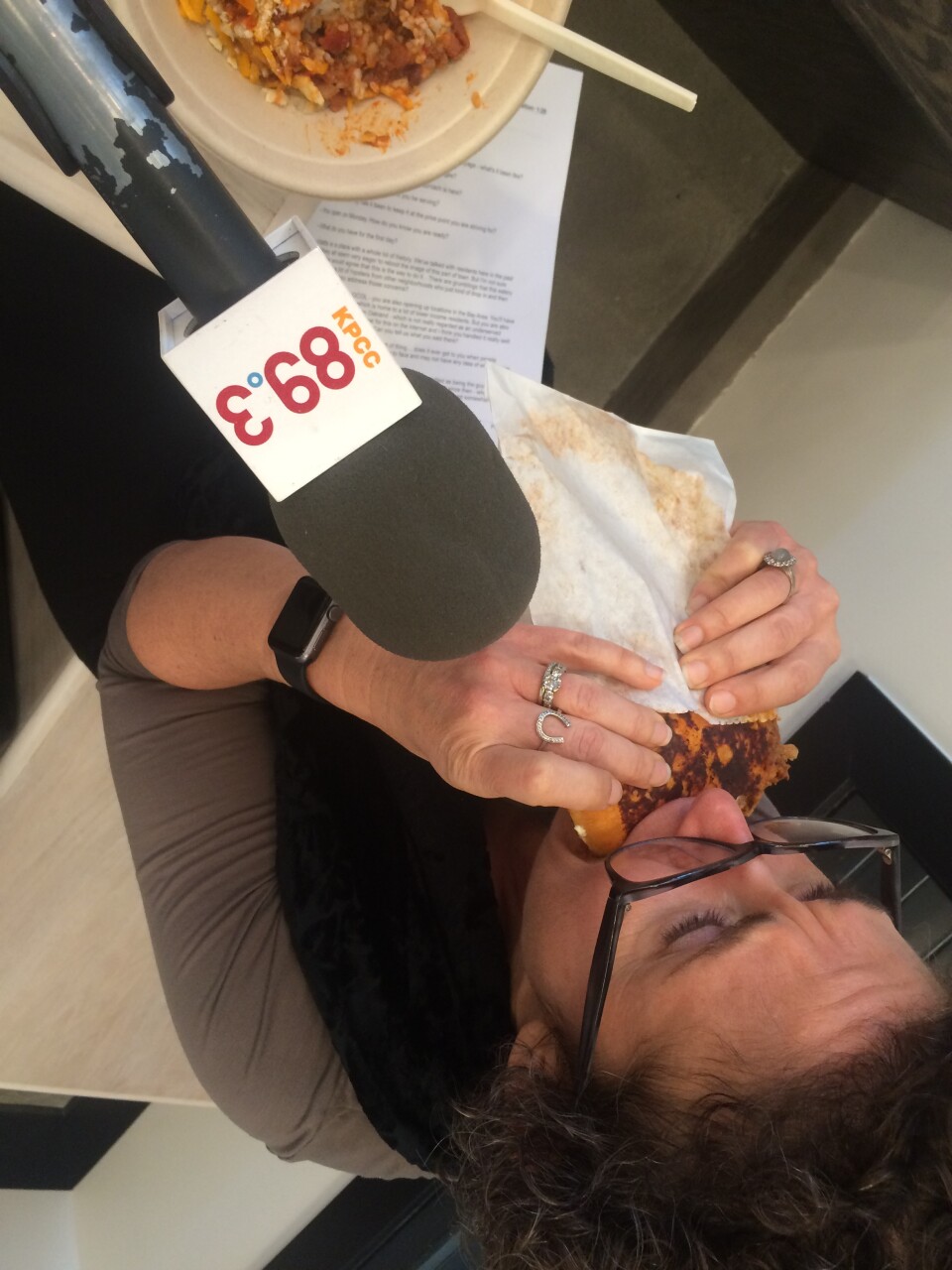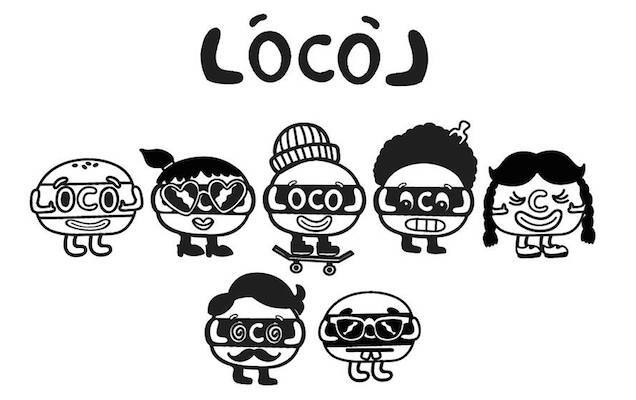GOP Presidential candidates gathered for their sixth debate, what makes a thriving school district, how true crime serials highlight flaws in criminal justice
Candidates square off for the latest GOP debate
The Republican debate Thursday night was one of the last before the primary and the first after the President’s State of the Union.
So how did any of these events affect the discourse? And how are these candidates positioned going forward?
A Martinez talked to Lynn Vavreck, professor of political science and communications at UCLA, and republic strategist Mike Madrid.
We started by hearing some of the best exchanges between the candidates.
Atmospheric scientist offers unique perspective to Aliso Canyon gas leak
Thousands of local residents have been relocated, and day after day, the gas continues to spew into the air.
But one man has a unique perspective on the problem - looking down on it all, from the sky. For the last two months, Stephen Conley has been monitoring the gases over Aliso Canyon from his specialized aircraft.
Conley is an atmospheric scientist at UC Davis and the only pilot making regular monitoring trips above the Aliso Canyon site.
He joined the show to talk about his findings.
Southern California Public Radio's Sharon McNary also joined the show to talk about the latest Porter Ranch residents meeting, where they say the gas leak that began last fall is making them ill.
To hear the full interviews, click the blue play button above.
Inside Roy Choi's LocoL, a new fast food restaurant in Watts
Chef Roy Choi has taken the food world by storm by creating some of Los Angeles' best places to eat, from his Kogi trucks to Pot at the Line Hotel.
But his next stop is catering to a community that rarely gets food buzz, much less new businesses who are willing to set-up shop and offer healthy food: Watts.
Choi's new restaurant is LocoL, a fast food joint opening Monday, January 18th in the South L.A. neighborhood.
"It's a community that hasn't had many restaurants build here and many new businesses come in decades," he tells Take Two. "So on top of the normal restaurant stuff, there's also that emotional burden of, like, I don't wanna f*** it up."

The idea is to bring fresh, healthy and local food to Watts where residents have had little access to that in the past.
It's part of a mission that he espoused at a
, saying, "What if every high caliber chef, all of us in here, told our investors as we're building restaurants that for every fancy restaurant we build, it would be a requirement to build a restaurant in the hood as well?"
On top of that, he wants to create LocoL as a place where the food is cheap and affordable.
"It's hard to cook something really, really delicious with a lot of labor, fresh ingredients and vegetables from farmers markets, making sound decisions and ethical decisions on things, and serving it for $2," he says.

On the menu will be $2 stuffed tacos called "foldies," $6 messy chili bowls with three different beans and crushed crackers, and $4 turkey "burgers" made with shredded barbecue turkey on a crispy fermented rice bun.
"When you look at the food, it doesn't look that complicated and we don't want it to look complicated," says Choi. "I truly believe Locol will be a success when no one knows the story behind it too much."
In fact, the only complicated thing about LocoL is the backstory of its mascots, involving a post-apocalyptic world, seeds of the future, a sprinkle of "The Minority Report" and more. Hear more with the bonus audio.

LocoL opens Monday, January 18th. It's located at 1950 E 103rd Av, Los Angeles.
These might be the most extreme foods of 2015
While Roy Choi and others hope to use their talent and skill to revise our eating habits, the opportunity to gorge on uniquely over-the-top American food conncotions remains. Call them 'extreme foods.'
of Fortune Magazine put together a list of the most extreme foods from 2015. It includes a cricket milkshake and a burger topped with hotdogs and potato chips.
How to make LA Unified a better school district
Earlier this week, the Los Angeles Unified School Board named long-time LAUSD employee Michelle King as the new superintendent.
The move came after a lengthy, nation-wide search. Leading the nation's second largest school district is a tough job— with lagging student achievement, dwindling enrollment and funding problems.
How can anyone begin to turn a district like this around?
Joining Take Two to discuss:
- John Rogers, professor of education at UCLA and director of UCLA's Institute for Democracy, Education, and Access (IDEA)
- David Plank, Stanford University professor and executive director of Policy Analysis for California Education
Interview highlights:
On the choice of an insider like Michelle King to head up LAUSD
"My take is that it was a very wise choice and a very prudent choice. School boards often look to a new superintendent to magically solve the problems of the district, or to set a district off in a brand new direction, to bring some brilliant new idea into the district that will change everything... It never works. That is a recipe for 'short term-ism,' a quick turnover of superintendents. Because when the ideas begin to fail, those who didn't support the ideas begin to go on the attack, and the district is simply whiplashed back and forth between competing visions." -David Plank
On the expectations placed on a new superintendent
"When you look at what's happened with urban superintendents over the last couple decades, you see that the tenure of urban superintendents is very short. You have this churn of superintendents coming in, not meeting expectations, and then new searches going on. This doesn't happen because the people that are filling these positions are somehow inadequate. It happens in large part because we place overreaching expectations on one person to do transformative work when we as a society have not invested sufficiently in our public schools. And probably equally important, have not invested sufficiently in the social and welfare and health services that need to wrap around the schools so that all young people are entering schools ready to learn." -John Rogers
On how important funding is to making a good district
"Funding makes everything easier, it simply greases the wheels of change... It certainly contributes to employee satisfaction in the system, but money really isn't everything.... L.A. has been very fortunate in the last couple of years that California has had great budget years and has provided the district with substantially more money in each year, but that's not going to last forever and the structural deficit really has to be addressed. And that means that money better not be everything, money better not be the solution to this problem, because L.A. is not going to have a lot more money in the next few years." -David Plank
On the movement of families out of the district
"Because we do not provide quality education across the entire region, we accept something like this triage approach to education where we try to provide quality education for a small number of students because we assume that's all that we can serve really really well. And we do that through magnet schools, we allow for escape valves... through small districts, sometimes escape valves come through charter schools. What we need to have is quality education for all students across the entire region so that parents don't feel like they need to move out of their own community or somehow find a way to access a permit out of the district." -John Rogers
To hear the full interview, click the player above.
Series: Good Schools
As part of its Good Schools series, Take Two looks at the education landscape in the Los Angeles area. That includes its public schools, magnets, charters, private institutions and dual-language programs. You’ll hear from parents, academics, teachers, kids and even a couple of TV show producers.
Read more in this series and let us know your thoughts on Facebook, or tweet us
and
with the hashtag #goodschools.
Single-sex schools are unproven as a benefit
When it comes to attracting more families to LAUSD schools - Michelle King says one possible strategy could be to create more single-sex campuses.
She told the LA times that all boy and all girl schools could help foster better academic achievement.
But is there any research to back up that claim?
For more on the pros and cons of single sex schools - Take Two's Alex Cohen spoke to Rebecca Bigler. She's Professor of Psychology at the University of Texas at Austin.
'Making a Murderer' and the criminal justice system
The true crime genre has become something of an obsession for Americans, just think of the podcast "Serial", HBO's "The Jinx" and now "Making a Murderer" on Netflix.
The 10-part documentary series follows the case of Steven Avery who was convicted of the 2005 killing of Teresa Haibach along with his nephew, Brendan Dassey. The conviction of this crime came shortly after Avery had been exonerated from a 1985 sexual assault case.
"Making a Murderer" has spawned a campaign calling on the White House to pardon the two men and it's inspired a new crop of armchair super sleuths
These true crime serials are often framed as "whodunnits," but in a recent New York Times op-ed, former federal prosecutor, Lisa Kern Griffin says the focus isn't quite right.
To hear the full interview, click the blue play button above.
Why we love true crime
The true crime genre has been a staple in television for years, but with the release of “Serial”, “The Jinx” and most recently “Making a Murderer”, there’s been a boom. We take a deeper look into why there's been a sudden interest in the classic television brand.
Part of the pop culture phenomenon surrounding these true crime serials lies in their new format and the ongoing discussion on social media.
Editor of Criticwire and contributor to Rolling Stone and the LA times, Sam Adams joined the show to discuss.
To hear the full interview, click on the blue play button above.




